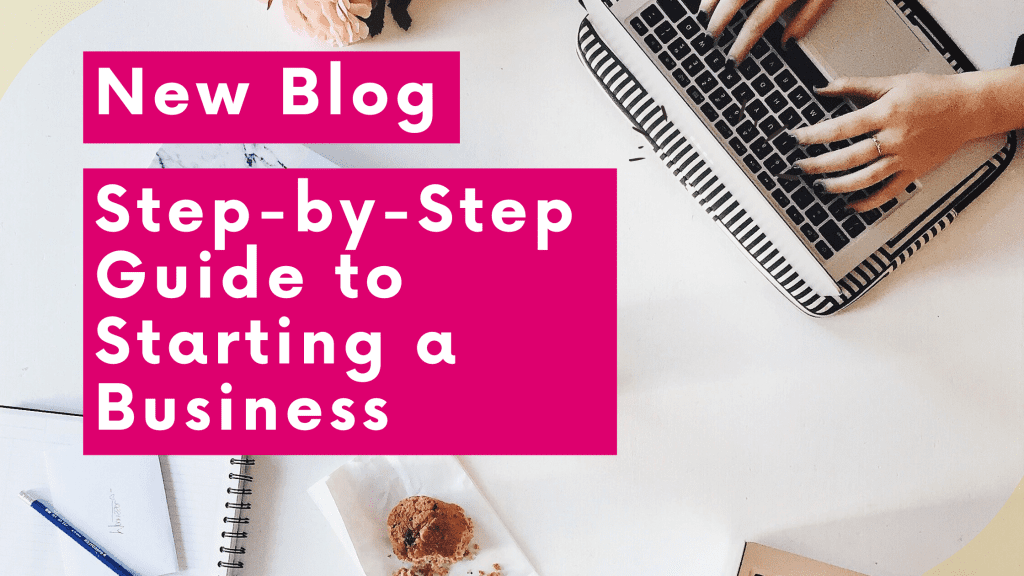
Step-by-Step Guide to Starting a Business Starting a business can be both an exciting and daunting endeavour. With the right…

Step-by-Step Guide to Starting a Business Starting a business can be both an exciting and daunting endeavour. With the right…

Essential Financial Tips for Start-Up Businesses: Setting Up for Success Starting a business is an exciting journey filled with potential…

How Do Family Businesses Ensure Successful Succession Planning? Succession planning is a critical aspect for family businesses, especially in the…

Facing redundancy can be incredibly challenging, but it could also be the perfect time to start a brand new career…

When asked “What does an accountant do?” many people answer with accounts, tax or compliance work. While that’s true, what…

Self-employment is quickly becoming an area of interest for many people. It’s not surprising really when you hear that UK…

The help and advice that is available from the Government is forever changing. This is the latest update we have…